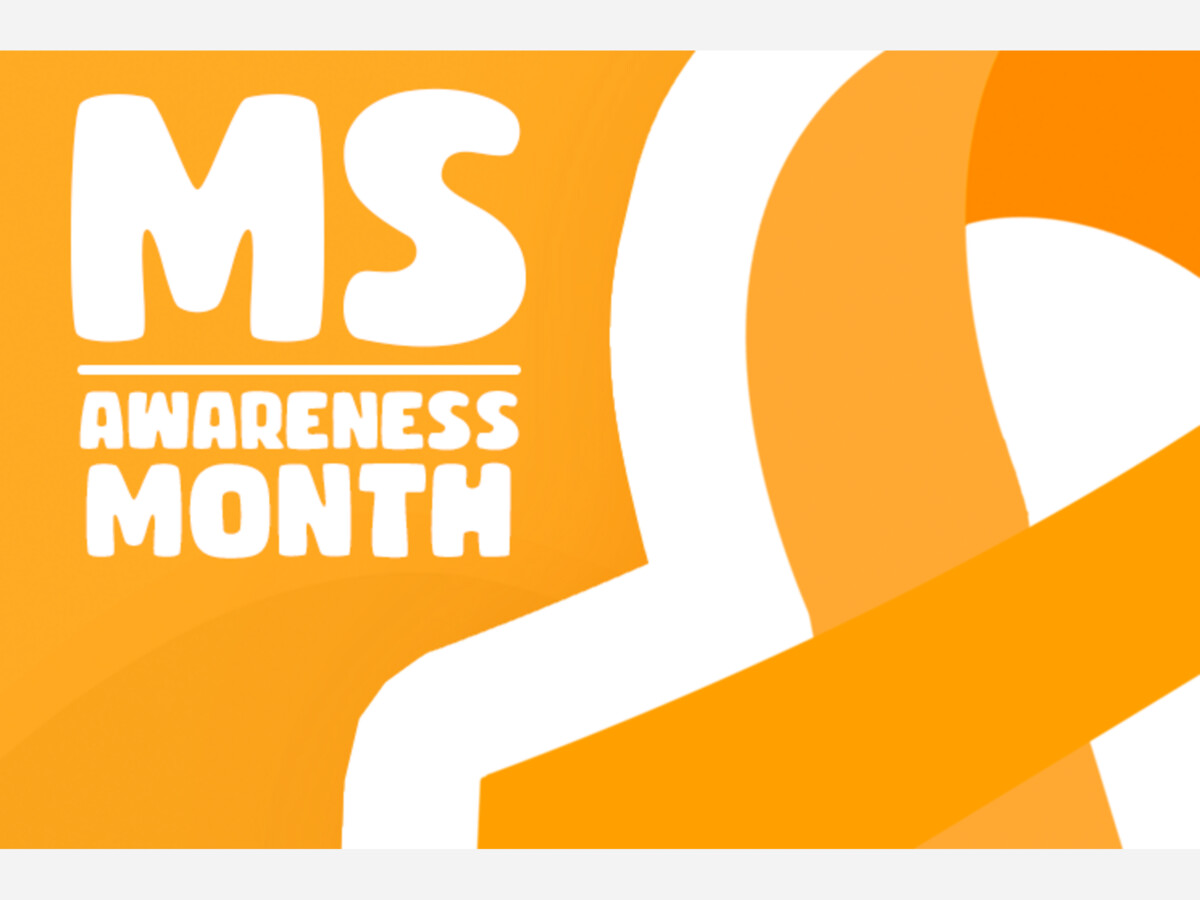Image


In the US, a mere 1 million citizens are living with the effects of MS, also known as Multiple Sclerosis. Multiple Sclerosis is classified as a chronic neurological disease that affects the brain, spinal cord, immune system, and optic nerves. It is difficult to identify and treat since it affects everyone differently. Mrs. Elizabeth Grabski, an English teacher at EHHS, is very open about her struggles with MS and wants to raise awareness.
Mrs. Grabski was diagnosed with MS 9 years ago in 2014. She said her MS symptoms worsened over the years, especially in the first four years after her diagnosis, and had a great impact on her mental health. She used to be a very athletic person and would use physical activity as a way to keep her mental health in check. As a result of her worsening MS symptoms, she stopped being as physically active as she was previously, which caused her to experience symptoms of depression. In 2020, the world went into the COVID-19 pandemic, making her anxiety worse since COVID affects the immune system and her’s was already weakened from MS. Prior to her diagnosis, Grabski already had one child and was planning for more. Once she found out about her disease, she struggled with the decision to have a second child or not as it would be physically harder for her to be able to take care of it.
Symptoms of Multiple Sclerosis are not always obvious or have as much of an effect. When affected people do show symptoms, they are going through what is called a relapse. Mrs. Grabski shared;, “Sometimes when a person has a cold they might have the normal congestion but for me, those cold symptoms, because it’s attacking the immune system might take the form of a relapse instead.” Everyone who has the disease is affected differently, but when she relapses she feels tingling all over her body, the same tingling as when your foot falls asleep. She also experiences fatigue and numbness, affecting her ability to feel physical objects, including the ground under her feet. Relapses can last typically a few days but longer relapses can last for 2-3 weeks at a time.
During the FLEX block on Friday, May 26th, Grabski will be hosting a walk on the track to raise awareness for MS. May 30th is National MS Awareness Day so she would like to get the word out and hopefully raise some money towards the cause. There will not be a minimum donation required and everything is volunteer work. Mrs. Grabski hopes to make this an annual event which will hopefully gain traction as the years go on. One of the biggest things she wants people to know is how important it is to be aware of the mental health of people around you,she says, “with mental health we don’t know what's going on in people’s lives and I think it’s really important that the idea that when someone might be sick but they don’t look sick, to take that into consideration and to not dismiss people.”